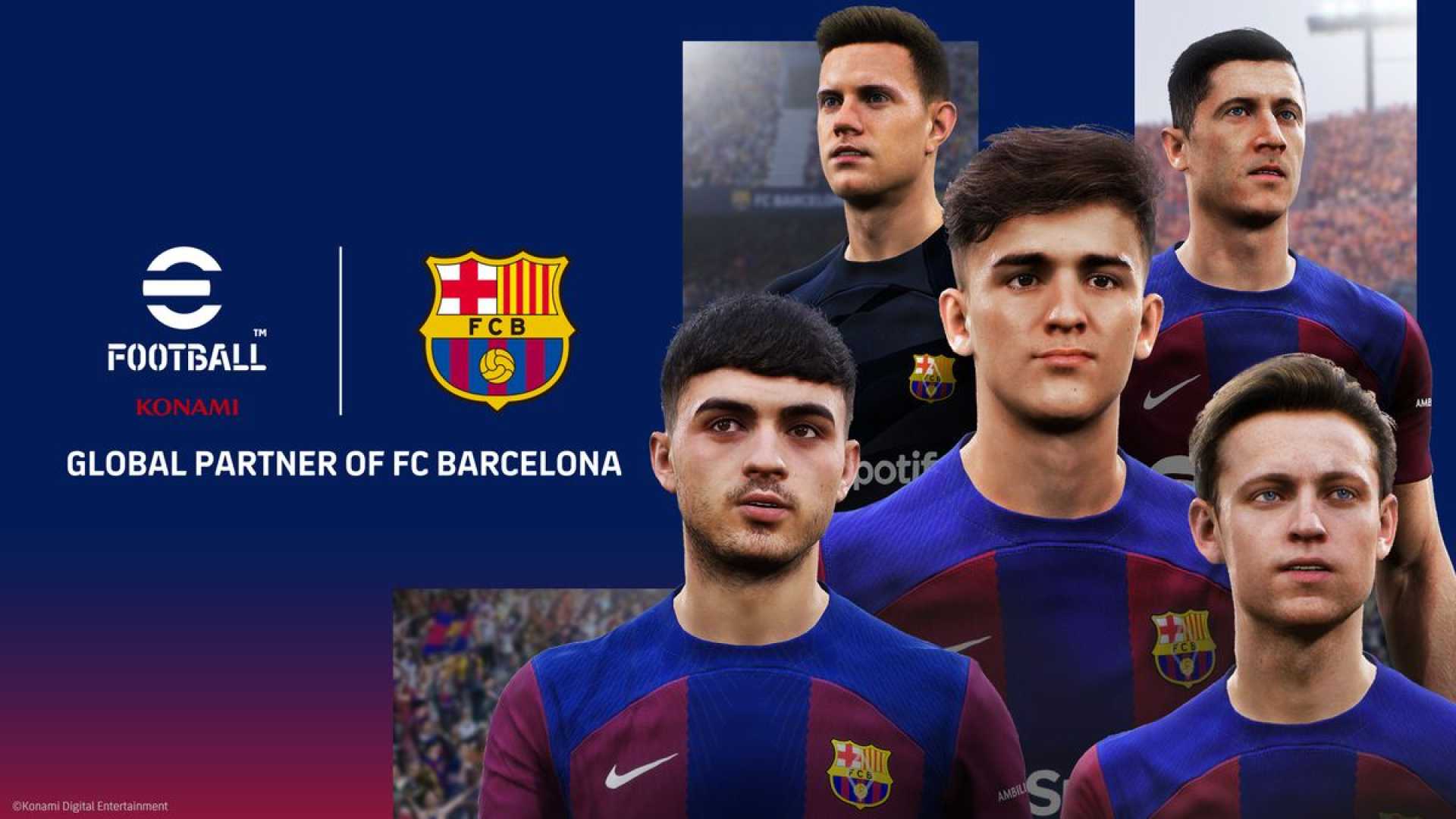News
Rivalry Heats Up: EA Sports FC vs. Konami’s eFootball

The rivalry between EA Sports‘ FIFA, now rebranded as EA Sports FC, and Konami‘s Pro Evolution Soccer, now eFootball, has been a cornerstone in the world of football video gaming for decades. Akin to the famed competition between beverage giants Pepsi and Coke, this rivalry is heavily influenced by brand loyalty, often overshadowing objective elements such as technical features and gameplay quality.
In what is commonly referred to as the Pepsi-Coke paradox, consumers in blind tests often choose Pepsi, yet tend to favor Coke when aware of the brand. This phenomenon underscores the power of branding and consumer perception. Similarly, the competition between FIFA and eFootball has shown that brand loyalty significantly sways consumer preference beyond merely gameplay performance.
EA Sports’ FIFA, now EA Sports FC, has continued to lead the market bolstered by its extensive licenses, including teams, leagues, and players, creating an immersive soccer experience. Its attractive presentation, engaging game modes like Ultimate Team, and consistent brand association with official soccer have contributed to its dominance.
Conversely, Konami’s eFootball has been praised for its authentic simulation and superior gameplay mechanics at various points, yet it has struggled to match FIFA’s market share. Innovations and improvements have often been overshadowed by FIFA’s cultural stronghold and massive fan base.
Brand loyalty persists as a critical factor in maintaining FIFA’s supremacy, where the official sports ties, inclusion of iconic teams, and overall presentation continue to resonate with gamers. Many fans maintain their loyalty to FIFA, driven by familiarity and trust in the franchise, rather than yearly comparison of gameplay enhancements.
Even as Konami has revamped its strategy with eFootball’s free-to-play model and ongoing updates, similar to the style of Epic Games’ Fortnite, the brand power of EA Sports remains a significant challenge to overcome.
The unique licensing model that Konami employs for eFootball means that while the game typically includes a range of clubs and players, it faces limitations with league and team officializations. For instance, Italian clubs like Juventus carry alternative representations such as ‘Piemonte’ due to licensing conflicts with EA Sports.
Market dynamics in football gaming remain indicative of deeper behavioral economics where emotional connections to brands often surpass technical and performance considerations in the eyes of consumers, a situation mirroring broader trends across industries.












